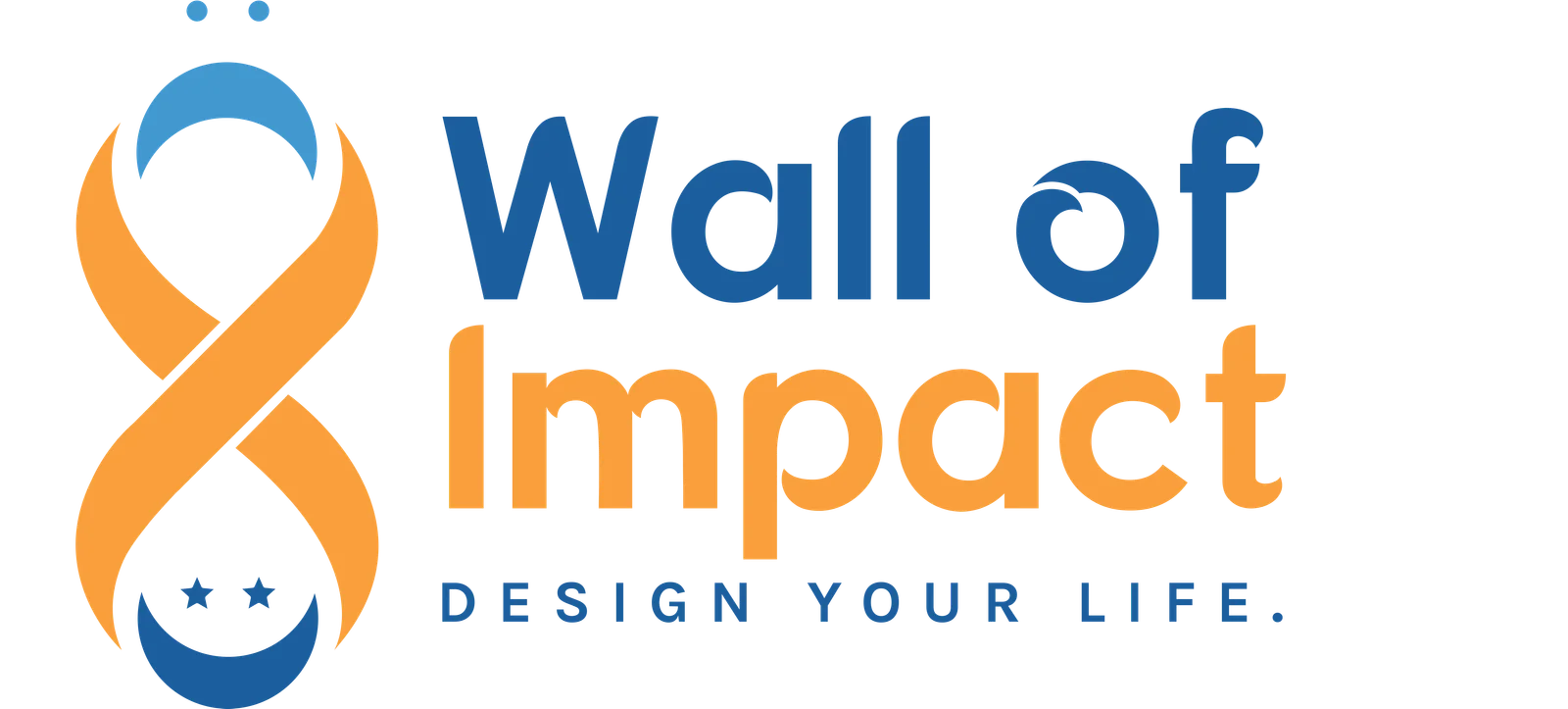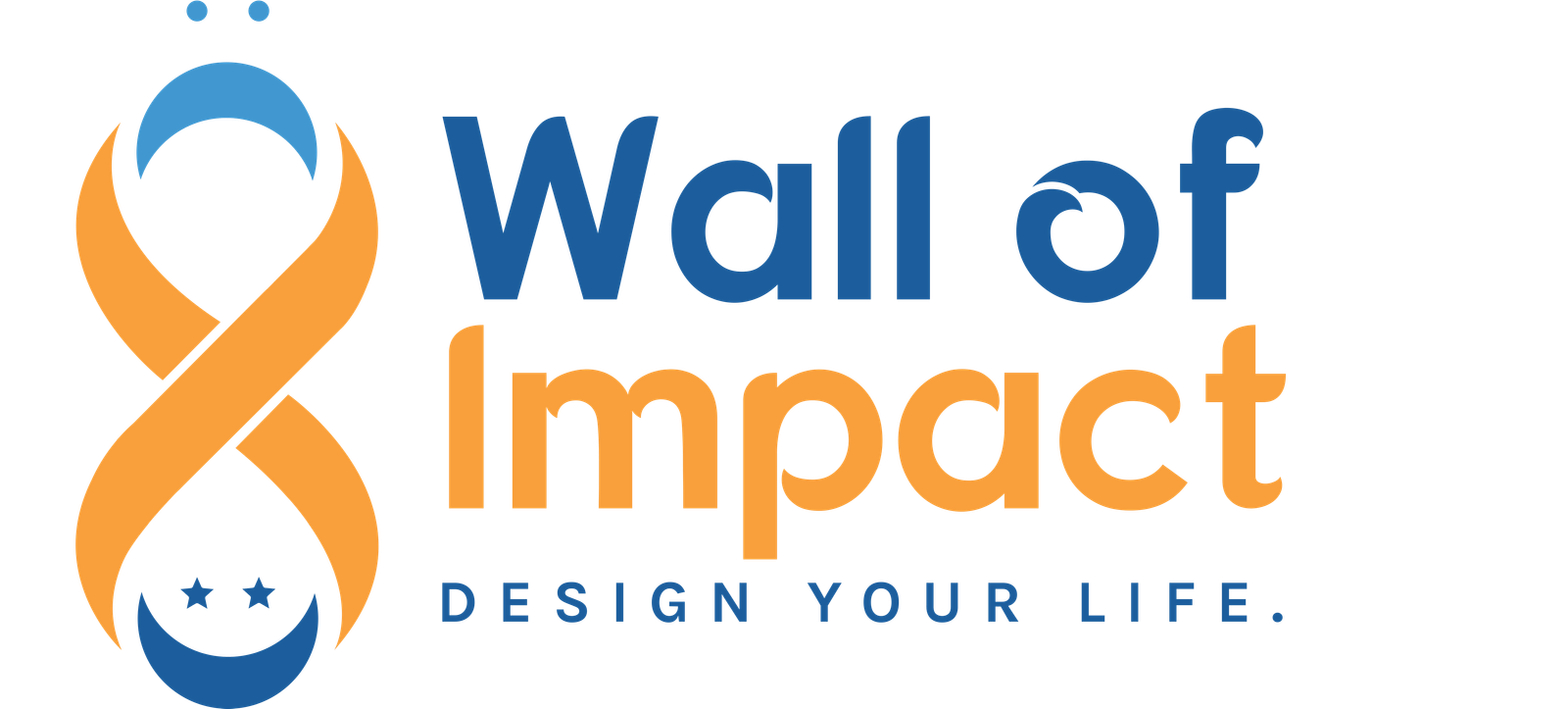Love Relationships: Shaping Future Growth and Emotional Health

Love is a central aspect of human life, profoundly influencing our emotions, personal development, and future relationships. The impact of love relationships, particularly those formed in early adulthood can be significant, shaping our emotional health, social skills, and even career trajectories. This blog explores the importance of love relationships, how early relationships design future connections, and the ways to overcome past relationship traumas to foster healthy future relationships. Additionally, we delve into the serious issue of teenage suicides related to relationship failures and the crucial role of family support in understanding and nurturing children’s emotional lives.
The Importance of Love Relationships
- Emotional Fulfilment: Love relationships provide a sense of belonging and emotional support. According to a study by the American Psychological Association, individuals in committed relationships report higher levels of happiness and lower levels of stress.
- Personal Growth: Partners often motivate each other to achieve goals and pursue passions. Research from the University of California found that individuals in supportive relationships are more likely to engage in self-improvement activities.
- Physical Health: Numerous studies, including one from Harvard Medical School, indicate that being in a loving relationship can lead to better physical health, such as lower blood pressure and a stronger immune system.
- Social Integration: Relationships enhance social connections, leading to a supportive community. The Journal of Social and Personal Relationships reports that individuals in relationships are more socially active and feel more integrated into their communities.
- Future Planning: Being in a stable relationship encourages long-term planning and stability, which can be crucial for future success.
The Role of Early Relationships in Shaping Future Connections
Early relationships, particularly those in adolescence and early adulthood, play a pivotal role in shaping future relationships and personal development. These formative experiences can set patterns for future interactions and emotional responses.
- Learning Emotional Regulation: Early relationships teach individuals how to manage emotions and navigate conflicts. A study from the Journal of Youth and Adolescence found that those who experienced positive relationships in their teens were better at handling stress and conflicts in adulthood.
- Building Trust and Communication Skills: Effective communication and trust-building are often learned in early relationships. According to a study by the University of Denver, individuals who practiced healthy communication in early relationships continued to do so in their later relationships.
- Self-Identity and Confidence: Early love experiences contribute to self-identity and self-esteem. Research published in the Journal of Marriage and Family shows that positive early relationships are linked to higher self-esteem and a stronger sense of identity.
- Future Relationship Patterns: The attachment styles formed in early relationships often persist into adulthood. A study in the journal Attachment & Human Development found that early secure attachments lead to healthier, more stable adult relationships.

The Impact of Relationship Failures on Emotional Health
While love can elevate, its loss can be equally devastating. The end of a relationship often brings significant emotional distress, affecting mental health and future relationships.
- Emotional Distress: The American Psychological Association reports that breakups can lead to depression, anxiety, and other mental health issues.
- Self-Esteem Issues: A breakup can severely impact self-esteem. Doubts about self-worth often surface, making it difficult to move forward confidently.
- Trust Issues: Betrayal or dishonesty in a relationship can lead to trust issues, making it hard to open up and trust future partners.
- Fear of Rejection: Fear of experiencing similar pain can result in avoiding new relationships, leading to isolation and loneliness.
The Serious Issue of Teenage Suicides
The impact of relationship failures can be particularly severe for teenagers, whose emotional resilience and coping mechanisms are still developing. Tragically, many teenagers feel overwhelmed by the pain of a breakup, leading to a significant risk of suicide. According to the Centres for Disease Control and Prevention (CDC), suicide is the second leading cause of death among teenagers in the United States, and relationship problems are a major contributing factor.
The Role of Family Support
Families play a crucial role in helping teenagers navigate the emotional turbulence of love and relationships. Understanding and supporting their emotional lives is essential to prevent tragic outcomes and foster healthy development.
- Open Communication: Encourage open and honest communication about feelings and relationships. Make sure teenagers feel heard and understood without judgment.
- Emotional Support: Provide a supportive environment where teenagers can express their emotions. Validate their feelings and offer comfort during difficult times.
- Education: Educate teenagers about healthy relationships, emotional resilience, and coping strategies. Help them understand that breakups are a natural part of life and can be learning experiences.
- Professional Help: If a teenager is struggling significantly, seeking help from a mental health professional can provide the necessary support and guidance.
Overcoming Past Relationship Traumas
Recovering from a failed relationship is crucial for emotional well-being and the ability to form healthy future connections. Here are some strategies to help overcome past relationship traumas:
- Self-Reflection: Understand what went wrong in the relationship. Reflect on your feelings and behaviour, as well as those of your partner, to gain insights.
- Seek Support: Talking to friends, family, or a therapist can provide valuable support. Professional counselling can help address deep-seated emotional issues.
- Self-Care: Focus on self-care activities such as exercise, hobbies, meditation, and spending time in nature.
- Set Boundaries: Establish healthy boundaries to protect yourself emotionally. Avoiding contact with an ex-partner can help in the healing process.
- Forgiveness: Forgiving yourself and your ex-partner, if possible, can be a powerful step towards healing.
- Wall of Impact: Utilizing a “Wall of Impact” can be an effective tool for faster healing. This involves creating a visual representation of positive impacts you’ve had on others and the world, as well as the positive influences others have had on you. This wall can include notes, photos, quotes, and reminders of your strengths and accomplishments. Focusing on these positive impacts can help shift your mind set from loss to appreciation, reinforcing your self-worth and resilience.

Regenerating Faith in Future Relationships
Building trust and faith in future relationships after experiencing heartbreak requires patience and effort. Here are ways to approach new relationships with renewed hope:
- Start Slow: Take time to get to know a new partner. Building trust slowly creates a strong foundation.
- Communicate Openly: Honest and open communication is the key to building trust. Share your feelings, expectations, and fears with your partner.
- Learn from the Past: Use lessons learned from past relationships to improve future ones. Understanding your own needs and boundaries leads to more fulfilling connections.
- Stay Positive: Maintaining a positive outlook on love and relationships attracts positive experiences.
- Embrace Vulnerability: Allow yourself to be vulnerable with your new partner. Vulnerability fosters intimacy and trust.
- Focus on the Present: Appreciate your current relationship without comparing it to past ones. Each relationship is unique and deserves its own chance to flourish.
Conclusion
Love relationships are integral to human life, significantly impacting emotional health and future growth. Early relationships shape our future interactions and personal development. While the end of a relationship can be painful, it is possible to heal and find love again. By understanding the dynamics of relationships, addressing past traumas, and approaching new relationships with an open heart, we can create meaningful and fulfilling connections that enhance our lives. Using tools like the Wall of Impact can accelerate the healing process, allowing us to move forward with renewed confidence and optimism. Families play a crucial role in supporting teenagers through their emotional challenges, helping to prevent tragic outcomes and promote healthy development.



